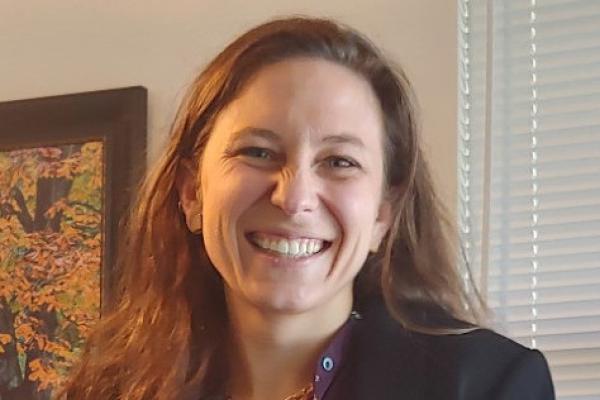
Michelle Rojas, MSc-GH '21 Candidate
Mentor: Dr. Dorothy Dow, Duke Global Health Institute
Resilience in HIV-infected Youth: A Longitudinal Exploration of Protective Factors and Challenges Throughout Enrollment in a Mental Health Intervention
Author List: Michelle Rojas, Dorothy Dow, Kalei Hosaka (and other people…)
Introduction: Youth living with HIV (YLWH) remain vulnerable to infection and poor treatment adherence as they navigate through adolescence. Adolescence is also a critical risk period for the development of mental health difficulties, which has been connected to poor ARV adherence. Psychosocial difficulties can impact youth resiliency to overcome health barriers and achieve better health outcomes. An adolescent clinic in Tanzania developed a mental health intervention to provide resilience strategies to YLWH and improve mental health and ARV adherence. This mixed-methods study creates a longitudinal lens to explore changes in protective factors in youth throughout enrollment in the mental health intervention.
Methods: Interviews for this prospective study took place in and surrounding Moshi, Tanzania with a subset of YLWH (18-25 years old) who had conducted an in-depth interview on psychosocial challenges in 2014 prior to enrollment in a pilot mental health trial at Kilimanjaro Christian Medical Center (KCMC). Both interviews explored youth experiences with mental health, protective factors, and challenges. Original interview responses from 2014/2015 were paired with their recent interview from 2020/2021 for applied thematic analysis. Longitudinal survey data collected throughout enrollment in the mental health intervention were used to provide descriptive analysis of respondents.
Results: In-depth interviews were conducted with 5 of the 15 youth invited to participate. 3 participants were male; average age of was 23.4 years old. 3 participants had completed the mental health intervention, and 2 did not cross-over from control or dropped out. From first assessment prior to intervention to two-years post-intervention, PHQ9, SDQ, and UCLA scores decreased an average of 5, 9.8, and 7.4 points, respectively. Protective factors increased over time and included distraction, social support, secrecy, spirituality, and knowledge acquisition. Ongoing challenges included stigma, unmet financial and health needs, family planning, and access to employment. COVID-19 challenges were discussed as well.
Conclusions: YLWH having ongoing challenges that impact their ability to navigate mental health and overall wellbeing, Protective factors, especially social support, improved youth resilience in the face of ongoing challenges. Youth need consistent support and resources as they transition into adulthood that address their ongoing challenges.